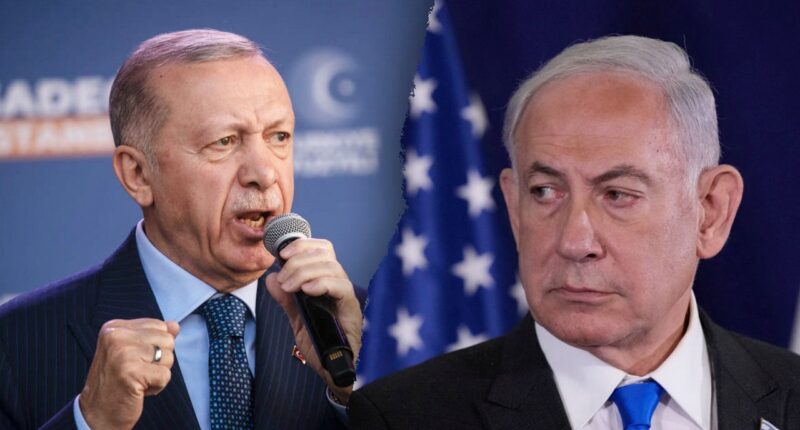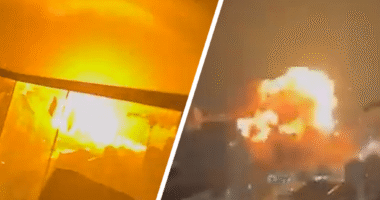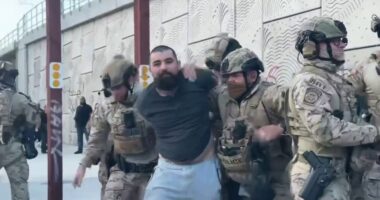Israel responded to Turkish accusations on Tuesday after Turkey criticized Israeli military actions in Syria. The tensions between the two countries have raised concerns about regional stability and the future of U.S.-supported Kurdish forces combatting ISIS.
Turkey condemned Israel for its settlement expansion in the Golan Heights on Monday, accusing Israel of trying to enlarge its borders through occupation. Turkey called on Israel to adhere to the 1974 Disengagement Agreement, which brought about a ceasefire between Israel and Syria.
Israeli Prime Minister Benjamin Netanyahu dismissed the agreement, asserting that it was no longer valid since Syrian forces supporting President Bashar al-Assad had retreated from their positions on the Syrian side during the country’s civil war. Netanyahu emphasized the strategic importance of the Golan Heights as a crucial security buffer for Israel against threats from Iran and Hezbollah in Syria.
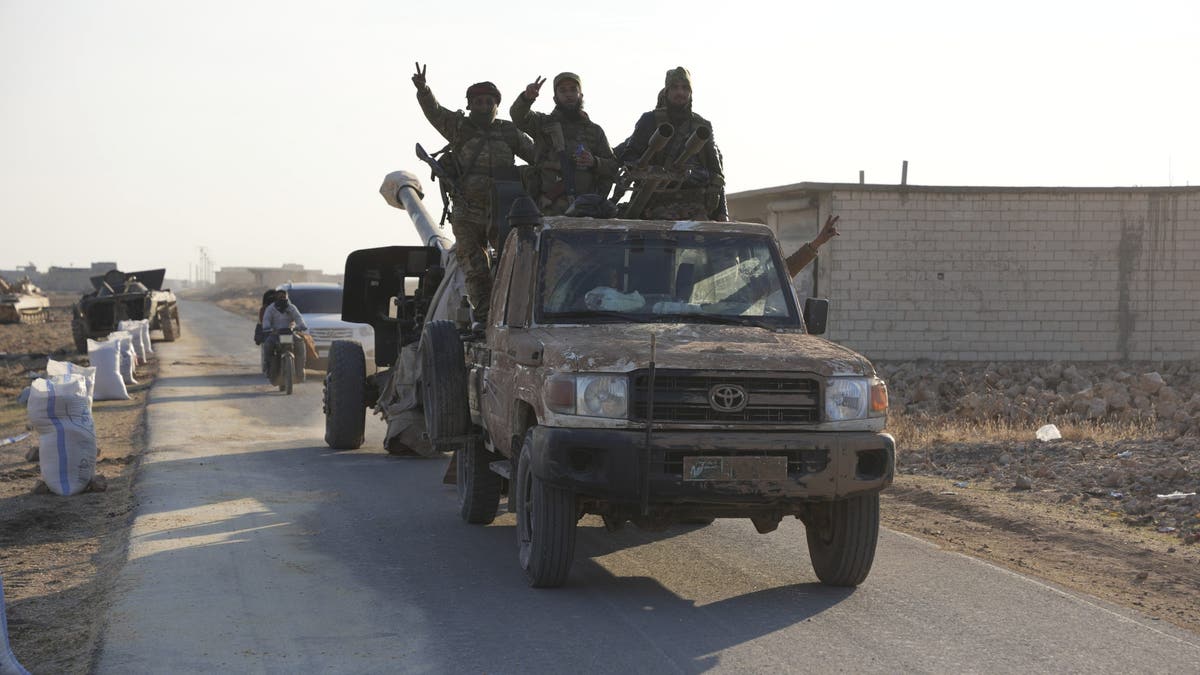
Rebels in northwest Syria seized military vehicles belonging to the regime along the route toward Kweris Airport in the eastern countryside of Aleppo on Dec. 2, 2024. (Rami Alsayed/NurPhoto via APRami Alsayed/NurPhoto via AP)
Turkey’s focus remains on dismantling Kurdish control in northern Syria, particularly around Kobani, a symbolic city for the Kurds. Ankara’s current strategy recalls its 2019 invasion, which displaced hundreds of thousands of civilians.
“The Kurds control prisons that hold thousands of ISIS fighters,” Lindenstrauss said. “These prisons are critical to the U.S., Israel, and the West. Weakening Kurdish control risks regional destabilization and a resurgence of ISIS.”
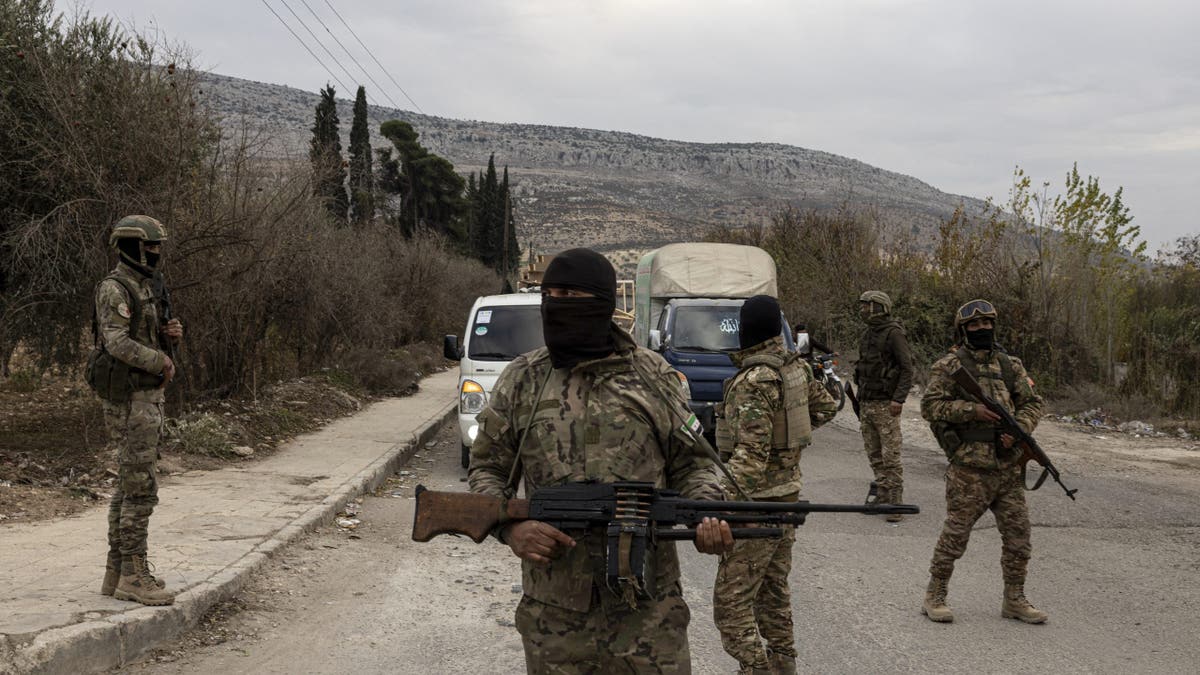
Displaced Kurds leave the refugee camp in the north of Aleppo, fleeing to Afrin, on Dec. 4, 2024. (Ugur Yildirim/DIA Images/Abaca/Sipa USA(Sipa via AP Images)
As Turkey deepens its presence in Syria, analysts warn that clashes with Israel could become unavoidable. Dr. Hay Eytan Cohen Yanarocak of Tel Aviv University’s Moshe Dayan Center drew parallels to Turkey’s interventions in Libya and Azerbaijan. “If Turkish forces move into proximity with Israeli operations or allies, the risk of unintended confrontations will rise dramatically,” he told TPS-IL news agency.
Despite the sharp rhetoric, experts argue that both countries share an interest in avoiding direct conflict. “Turkey’s main interests are in northern Syria, while Israel’s focus is on the south,” Lindenstrauss said. “Israel and Turkey managed to establish deconfliction channels with Russia in Syria to avoid friction. Similar mechanisms will be necessary here, even if they operate quietly.”
Yanarocak warned of growing risks. “The skies are the limit for how far this situation could deteriorate,” he said. “It’s time to pay attention.”
